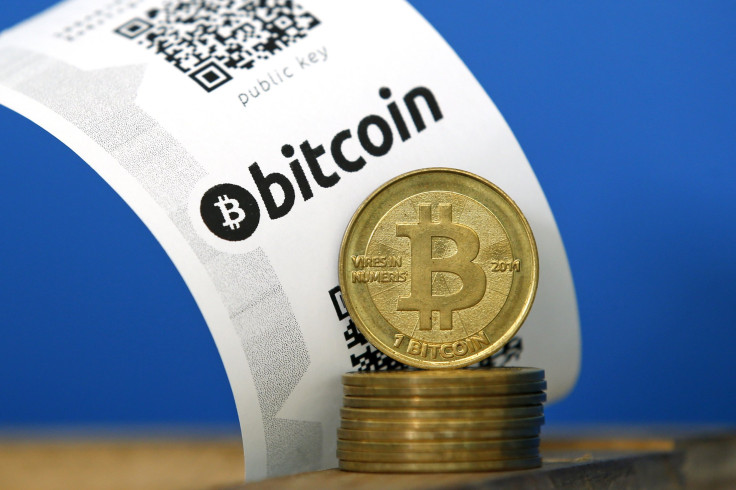Tether Hacked, Reports $31 Million Worth Of Tokens Stolen

The burgeoning cryptocurrency industry is plagued by thefts and scams. Last weekend a blockchain project called Confido disappeared, social media accounts deleted and websites wiped clean, after reportedly raising $374,000 through an initial coin offering. Then on Monday the Hong Kong-based cryptocurrency startup Tether, which offers both an online exchange platform and a dollar-pegged cryptocurrency aimed at stability, announced hackers stole $30.9 million from the Tether Treasury wallet.
“Nobody is really sure about what happened there,” bitcoin analyst Jimmy Song told International Business Times. “Tether is completely centralized... This is not very different than a bank account.” The Tether account that got hacked was a multisig wallet with three to four different keys. The thief would have needed multiple keys in order to access the funds. Whoever this was, the hacker was quite experienced and familiar with the operation.
According to Quartz, Tether developers blacklisted the address with stolen tokens so the funds can’t be liquidated or moved. But the theft still attracted a lot of scrutiny because Tether was already associated with some shady business. Critics have long claimed Tether is collaborating with the British Virgin Islands-based Bitfinex, one of the world’s largest bitcoin exchanges, in an elaborate scheme of fraud and market manipulation. Since the island exchange is so big, anything that hurts Bitfinex could have a drastic impact on global bitcoin prices.
Both Tether and Bitfinex are believed to have the same leaders, including Philip Potter and Giancarlo Devasini. “Not too many people are sure but it does look like the CEO of Bitfinex is also in charge of Tether,” Song said. One blogger even claimed the U.S. Commodity Futures Trading Commission could have "grounds to investigate Bitfinex’s possible manipulation of Bitcoin price via Tether."
Bitfinex experienced a similar hack last year, losing bitcoins worth $65 million according to the BBC. Bitfinex responded by “generalizing” the loss, so individual account holders lost 36 percent of their cryptocurrency. Wells Fargo then stopped working with Bitfinex, leaving many customers without a way to transfer dollars out of their accounts. Thanks in part to the variety of international laws these bitcoin exchanges work with, and in part to the lack of new regulatory frameworks specifically for digital currency, exchanges and blockchain startups generally don't have the type of anti-money laundering protocols and consumer protections expected of traditional institutions.

Critics widely speculate Tether tokens aren’t actually backed by real fiat currency at all. It’s hard to disprove this notion without complete transparency from the company, which so far has not been forthcoming despite an audit in September. It is quite normal for private financial institutions to keep technical information about their systems private, much less so for a cryptocurrency project. So this is yet another way Tether differs from many other token creators in this space.
Regardless of the platform’s tokens, centralized exchanges are more vulnerable to hackers and external influence than cryptocurrency wallets. “I don’t hold tether, and I don’t plan to for this exact reason,” Song said. “I’m not putting my money in Bitfinex for the foreseeable future because I’ve been a little bit spooked.” Song isn't the only one. For many users, this hack has raised questions about the risks of centralized cryptocurrency versus the independence of decentralized currencies like bitcoin.
One of the many surprising things about Tether's getting hacked and unhacked was the level of control they exert over this blockchain.
— Emin Gün Sirer (@el33th4xor) November 21, 2017
It's hard to distinguish it from a regular database under sole custody.
There used to be a "GOLD STANDARD" behind fiat currencies.
— Bill Tai (KiteVC) (@KiteVC) November 21, 2017
Now its a "BOLD STANDARD" with BTC behind cryptos.
People locked up and fleeing Tether are piling into BTC on Bitfinex at a premium (as usual :-) ) pic.twitter.com/QlDLbGeW0W
IBT reached out to both Bitfinex and Tether for comment and will include an update if we hear back.
© Copyright IBTimes 2024. All rights reserved.



















